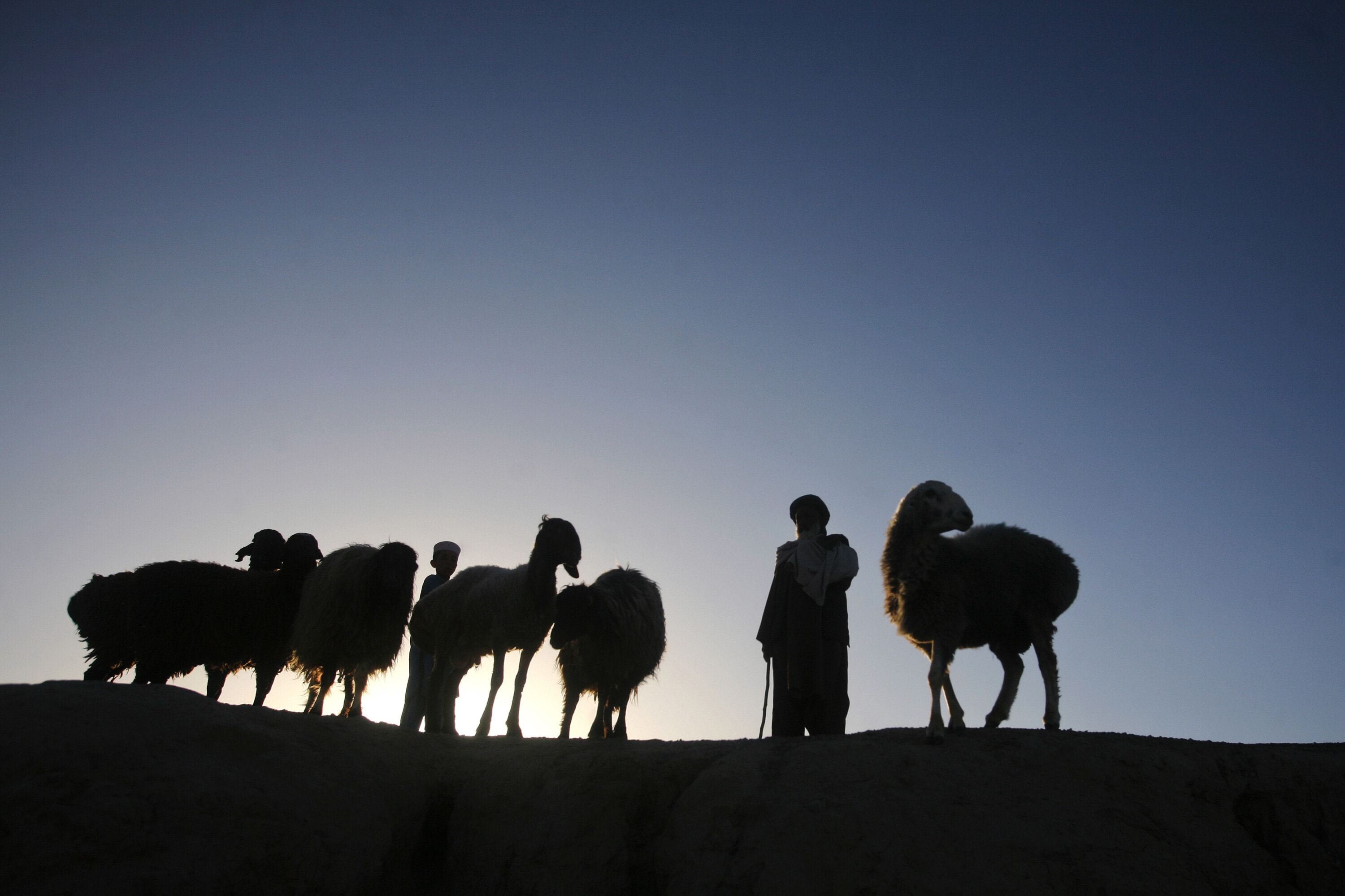Greece talks, the Starbucks of yoga and the Russian troll factory

Stay up to date:
Middle East and North Africa
The daily briefing “FirstFT” from the Financial Times.
Iranian officials took nuclear talks to the wire, raising a further obstacle by saying that they areno longer willing to ship their atomic fuel out of the country – a critical element of a proposed deal and one with which Iran had previously been on board. (NYT)
Meanwhile tensions were rising elsewhere in the Middle East as Arab leaders hatched plans for a joint military force, underlining Middle Eastern Sunni nations’ determination to challenge Iran’s expanding influence in the region. (FT)
The FT View is that even with a nuclear deal, the US and its allies still need to get Tehran and Riyadh together at the table. “The nuclear question can no longer be divorced from the sectarian power struggle across the Middle East and Muslim world.”
In the news
No immediate relief for Greek government Athens also spent the weekend haggling – in this case with creditors over economic reforms, but again with little success. Creditor nations are demanding Greece implements reforms in order to access EUR7.2bn in undisbursed bailout funds; Athens balks at what it calls “recessionary measures” like cutting pensions or relaxing labour laws. (FT)
For want of a US visa the deals were lost Ren Jianxin, chairman of acquisitive state-owned ChemChina, said he misses out on US deals because his visa applications are routinely rejected. China’s “merger king” is set to take control of Italian tyremaker Pirelli, having sewn up half-a-dozen purchases in countries including France, Norway, Israel and Australia. (FT)
Github cyber attack The popular US coding site is suffering an onslaught of internet traffic meant for Baidu, China’s most popular search engine, which has paralysed the site for parts of the weekend. Security experts say the episode is likely to be an attempt by China to shut down anticensorship tools. (WSJ)
Technical glitch in Nigerian election Problems with voter identification technology meant voting was extended into Sunday so a result is not expected before this evening. That was not the only mayhem: unofficial and partial results posted online raised expectations of an unprecedented opposition victory for former military ruler Muhammadu Buhari. (FT)
A blow to Hollande’s party France’s centre-right UMP party led by Nicolas Sarkozy made strident gains in local elections, while President Francois Hollande’s Socialist party barely held on to half the departments it controlled before. The far-right National Front also gained ground though it is as yet unclear whether it has won full control of any departments. (FT)
It’s a big day for
UK election campaigning David Cameron will travel to Buckingham Palace today to notify the Queen of the dissolution of parliament, firing the starting gun on campaigning. The prime minister will then grab an early march, claiming that the opposition Labour party would tax every working family an additional GBP3,000. Paul Mason argues that the coming election will be dominated by geopolitical divides – Scandi-Scotland, the asset-rich southeast and rump-post-industrial Britain.(FT, Guardian)
Food for thought
Banjo and the Starbucks of yoga Inc writers discuss why finding out about a gas explosion on social media aggregator Banjo a minute before anyone else could be a boon for finance. They also talk about scaling up yoga companies so that travellers can get the same downwards dog away from home. (Inc podcast)
A Russian troll factory A blogger describes the two months he spent working at the department tasked with clogging the web with pro-Kremlin comments. “We did it by dividing into teams of three. One of us would be the “villain,” the person who disagrees with the forum and criticises the authorities, in order to bring a feeling of authenticity to what we’re doing.” (RFERL)
The hierarchy of Japanese courtesans Some scholarship says that Edo-era prostitutes wielded hefty economic power but still had to work their way up a carefully calibrated hierarchy. “It was very difficult for them to buy out their contract because they were kept in debt the whole time, because they had to pay for all sorts of things,” says curator Laura Allen. “They were very rarely able to escape unless they were basically ransomed by a man who wanted to take them out of that world.” (Collectors Weekly)
Universally problematic Universal banks always have an excuse for lacklustre performancebut they have to change. Lex examines the different approaches: the axe, the scissors and the file. (FT)
Video of the day
UK immigration – the facts It’s become an increasingly contentious issue and, with six weeks to go before the poll, debate about how best to manage Britain’s borders will only intensify. Helen Warrell speaks to Madeleine Sumption of the Oxford Migrant Observatory, about its exclusive data on migrants for the FT.
This article is published in collaboration with The Financial Times. Publication does not imply endorsement of views by the World Economic Forum.
To keep up with the Agenda subscribe to our weekly newsletter.
Author: FirstFT is the Financial Times’ editors curated free daily email of the top global stories from the FT and the best of the rest of the web.
Image: A European Union (L) and Greek flag wave in front of the Parthenon temple in Athens. REUTERS/John Kolesidis.
Don't miss any update on this topic
Create a free account and access your personalized content collection with our latest publications and analyses.
License and Republishing
World Economic Forum articles may be republished in accordance with the Creative Commons Attribution-NonCommercial-NoDerivatives 4.0 International Public License, and in accordance with our Terms of Use.
The views expressed in this article are those of the author alone and not the World Economic Forum.
Related topics:
Forum Stories newsletter
Bringing you weekly curated insights and analysis on the global issues that matter.
More on Economic GrowthSee all
Wolfgang Fengler and Marta Cyhan Bowles
September 22, 2025
Agshin Amirov and Azar Hazizade
September 19, 2025
Muhammad Osama Khan and James Balzer
September 18, 2025
Eric White and Elia Tziambazis
September 18, 2025
Lars Holmquist
September 17, 2025
Dante Disparte
September 17, 2025







